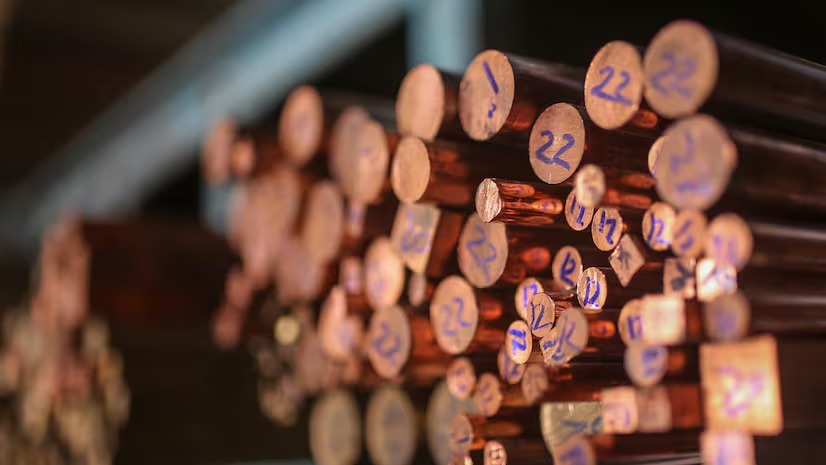
Govt Plans Recycling Incentives for Critical Minerals
India is preparing to introduce incentive schemes aimed at boosting the recycling of 24 critical minerals—including lithium and cobalt—key to supporting the country’s green energy transition, according to two sources familiar with the plan. These minerals have been classified as vital for advancing India’s clean energy ambitions and achieving net-zero greenhouse gas emissions by 2070. To support this initiative, the government has allocated ₹1,500 crore for mineral recycling within a larger ₹16,300 crore fund dedicated to the development of the critical minerals sector.
Although specifics have not been officially announced, the proposed incentives may include capital investment subsidies or production-based benefits. One source indicated that the funds would be distributed over a four to five-year period and are expected to provide the necessary momentum to establish a robust recycling ecosystem. A key focus of the initiative is to enhance India’s lithium-ion battery recycling capacity, currently at 75,000 metric tons per year.
In a related move to improve access to essential raw materials, the government scrapped import duties in February on waste and scrap of a dozen critical substances, including lithium-ion batteries, lead, zinc, and cobalt powder. These materials are crucial for electric vehicle (EV) production—an industry the country is actively promoting to reduce its dependence on fossil fuels. While EVs represented only 2.5% of the 4.3 million cars sold in 2024, they saw a 20% year-on-year growth, significantly outpacing the overall market’s 5% increase. With multiple new model launches on the horizon, analysts expect EV sales in India to double to nearly 200,000 units in 2025.
